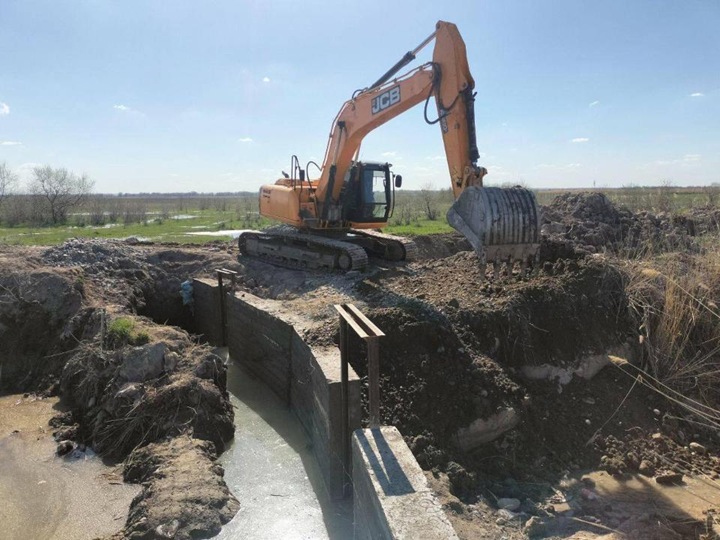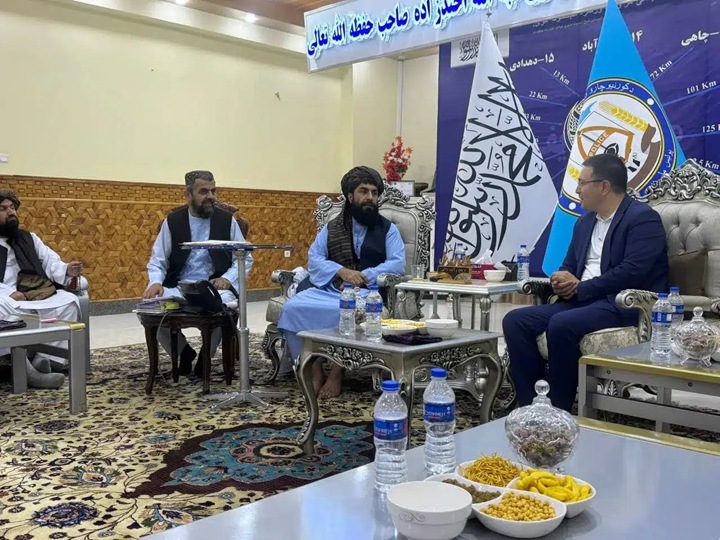Preparation for irrigation: Kazakhstan cleans canals and negotiates water
Large-scale works on mechanized cleaning of irrigation canals, the total length of which exceeds two thousand kilometers, have been launched in Kazakhstan. This measure, undertaken by the Kazvodkhoz enterprise under the auspices of the Ministry of Water Resources and Irrigation, covers seven key agricultural regions of the country and is aimed at preparing for the busy irrigation season. Interference in the hydrological system of this scale emphasizes the deep dependence of modern agriculture on artificial irrigation and the constant modification of waterways.

Engineering works are carried out on the territory of Almaty, West Kazakhstan, East Kazakhstan, Zhambyl, Kyzylorda, Turkestan regions and Zhetisu region. At the moment, it is reported that more than three hundred kilometers of canals have been cleaned, which is only a part of the planned volume. This activity is necessary to maintain the capacity of artificial waterways, which are critical for the delivery of water to farms.
The official purpose of cleaning is to improve the water supply of farmers. This year, the branches of Kazvodkhoz intend to distribute a colossal amount of water – 12.7 billion cubic meters, having concluded over 27.8 thousand contracts for this. Almost twelve thousand agreements have already been signed. These figures, which exceed the figures of last year, when 23,830 contracts were concluded, indicate the growing needs of agriculture for water resources, which inevitably increases the burden on river ecosystems and the water balance of the region.
“Last year, the Ministry managed to meet the needs of farmers in the south of Kazakhstan in irrigation water. This year, the agency has already held negotiations with the countries of Central Asia, as a result of which 3.7 billion cubic meters of water will flow to Kazakhstan via the Syrdarya River in the irrigation period of 2025. More than 600 million cubic meters of water will flow along the Shu and Talas rivers,” said Yerbolat Ibraikhanov, Vice Minister of Water Resources and Irrigation of the Republic of Kazakhstan.
The success of the future irrigation season, therefore, directly depends not only on the state of the infrastructure, but also on complex water diplomacy and the state of transboundary rivers experiencing significant anthropogenic pressure.
Alexander Eskendirov (Rivers.Help!)


